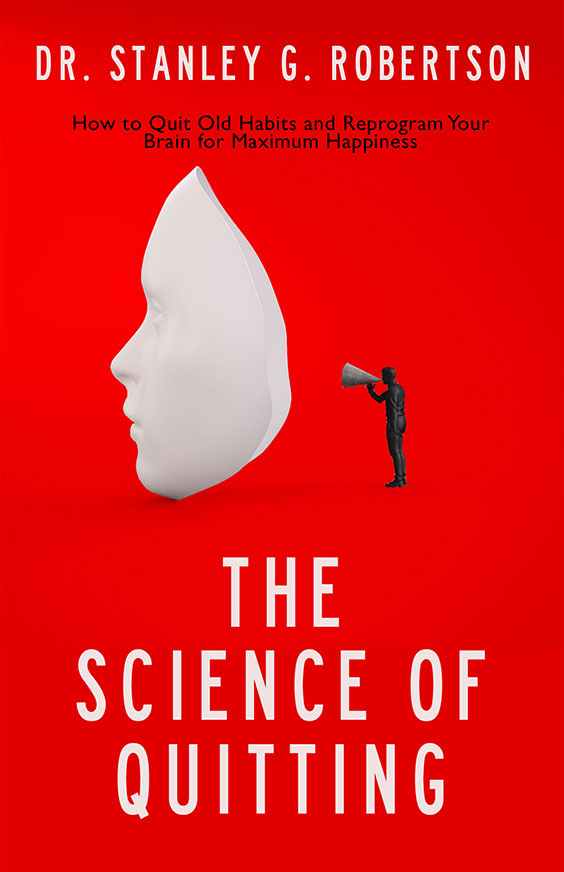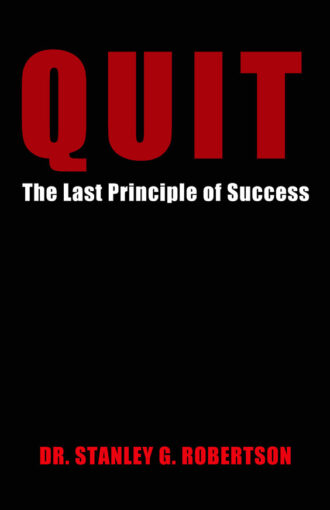Many people have a great deal of difficulty letting go of things.
But researchers found that people who are positive have a greater talent for releasing things. Research has concluded that the attempted suppression of one’s thoughts made it more likely that individuals would think about the thing that they were trying not to think of.
The same thing happens when we decide to disengage from a goal. The thing we want to quit is the very thing that we continue to think about. So when you tell yourself that you can’t have sweats, the thought of sweats can’t help but pop into your mind. This happens because the human brain is hardwired for persistence, which challenges us to quit things. But without the ability to disengage from goals that are unattainable, the human body can experience stress and literally become sick.
However, this does not have to be your reality. Quitting certain triggers can help you eliminate stress, which can lead to a healthier and happier life.
If you want are struggling with quitting things, and if you want to let them go so that you can live an extremely happy life, read The Science of Quitting.
Preface
There appears to be a logical explanation as to why people find it difficult to quit things. Psychologist Daniel Wegner studied this very question, which was dubbed the “white bear problem.”
During the study, Wegner instructed one group of participants not to think of white bears. The same instructions were not given to the second group. He found that the group that was told not to think about white bears actually thought about them every minute of the study! The researchers concluded that the attempted suppression of one’s thoughts made it more likely that individuals would think about the thing that they were trying not to think of.
The same thing happens when we decide to disengage from a goal. The thing we want to quit is the very thing that we continue to think about. So when you tell yourself that you can’t have sweats, the thought of sweats can’t help but pop into your mind. This happens because the human brain is hardwired for persistence.
In an experiment on the subject, participants were told to work on a jigsaw puzzle to completion. During the study, some participants were interrupted and not allowed to complete it. Researchers found that the individuals who were not permitted to finish the puzzle thought about it twice as much as the individuals who did finish. This was an indication that the brain found it difficult to move on from things that were not completed. Given this phenomenon, it is no wonder that many people have trouble quitting one goal and moving on to another.





